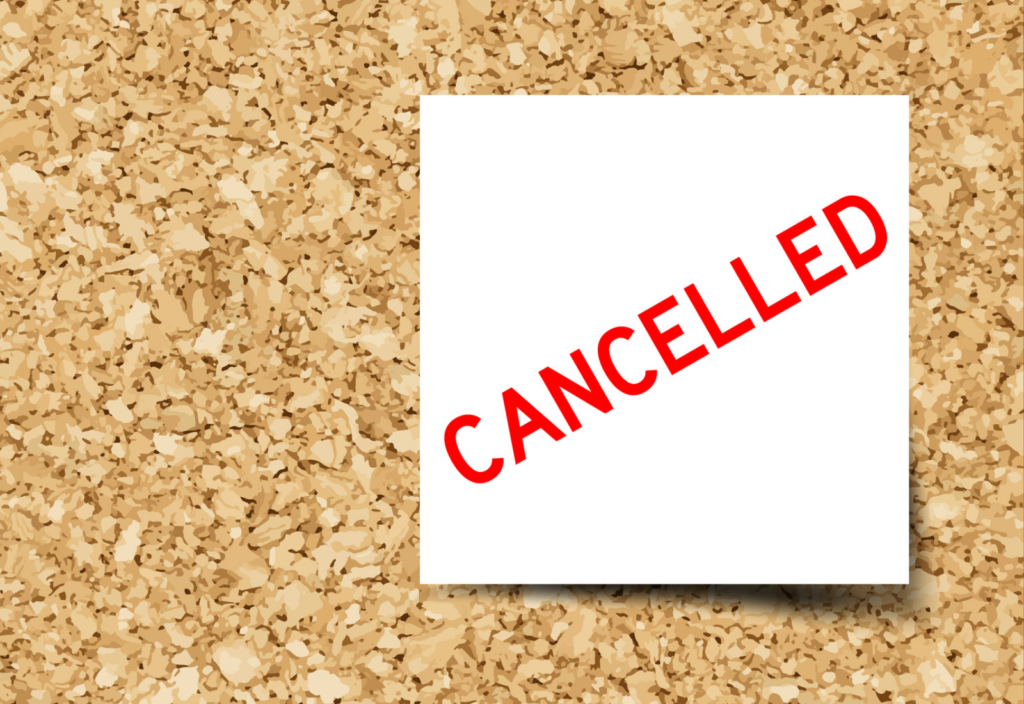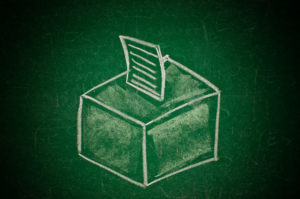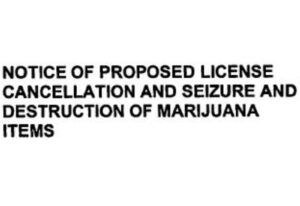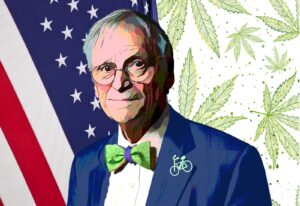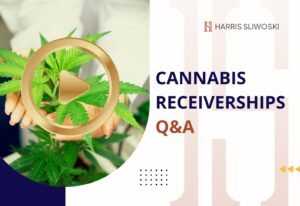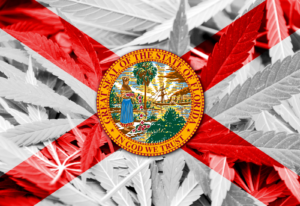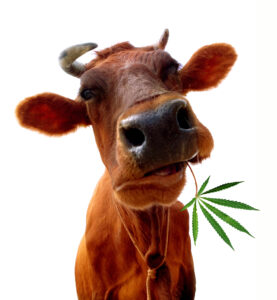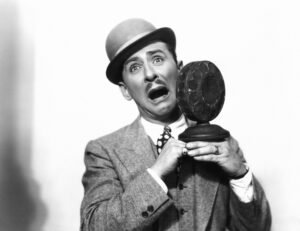On July 22, the Washington State Liquor and Cannabis Board (“LCB”) issued a notice of adoption of an interpretive statement (the “Notice”) in which the agency clarified authorized practices for marijuana processor licensees. The Notice stipulates that licensed marijuana processors cannot legally convert cannabidiol (“CBD”) into delta-9 THC because their license privileges do not allow them to manufacture THC.
Specifically, the LCB explains that:
- Licensed marijuana producer may produce “marijuana” products exceeding 0.3 percent THC concentration on a dry weight basis and are authorized by statute to source “marijuana” from licensed “marijuana” producers only;
- The statutory language does not authorize a licensed processor to source hemp-based product, such as legally derived CBD, and convert it to delta-9 THC;
- The process of conversion is not an identified privilege afforded to license marijuana processors; and
- RCW 69.50.326 enables licensed processors to source CBD products, whether from inside or outside the regulated system, for the purpose of enhancing the CBD concentration of marijuana and marijuana products. Yet, it does not address or affirmatively authorize the use of other isomers or derivatives of marijuana as additives to marijuana and marijuana products, nor does it authorize licensed processors to process other isomers or derivatives from hemp.
For all of these reasons, the LCB concluded that engaging in such manufacturing activities “may be considered a controlled substances act violation, and a misuse of the processors license.”
The Notice reflects an ongoing effort from the LCB to evaluate whether certain additives, solvents, ingredients, and compounds used in the production and processing of marijuana products other than delta-9 THC pose a risk to public health or youth access.
On April 28, 2021, the LCB released Policy Statement PS21-01, entitled Tetrahydrocannabinol (THC) compounds other than delta-9 and the conversion of CBD, hemp, or both to delta- 8 THC, delta-9 THC, or any other “marijuana” compound that is not currently identified or defined in the Revised Code of Washington (RCW), the Washington Administrative Code (WAC), or both (“CR-101”). As its title indicated, CR-101 was phrased in terms of evaluating possible rulemaking with regard to additives “other than delta-9.”
Following the filing of the CR-101, the LCB convened a panel of experts and numerous stakeholders for a discussion of cannabis plant chemistry and related topics and received further information from various licensees, stakeholders, and other states’ regulators about the processes used to create THC from CBD derived from hemp or other sources. These conversations brought new questions to the surface pertaining to the conversion process as it relates to delta-9 THC and resulted in the drafting of a revised CR-101 that removed the limitation “other than delta-9 THC,” which was approved on July 7 and filed as WSR 21-14-117.
According to recent reporting by the MJBizDaily, marijuana growers have been actively seeking clarification from the LCB on this issue as they feared such practice would undermine their own activities. For months now, Washington marijuana growers have not managed to sell their biomass for extraction purposed because licensed processors have been favoring hemp-derived CBD, which is much cheaper to convert than marijuana into delta-9 THC.
As its title suggests, the Notice is not law, which means it is unclear how/whether the LCB will initiate enforcement actions. Nevertheless, this recent change of position by the LCB could impact licensed businesses’ existing activities whose liability insurance excludes illegal products and who could now be more susceptible to legal actions if anyone consuming products infused with THC derived from CBD were to fall ill.
Need Help With Washington Cannabis Law?










